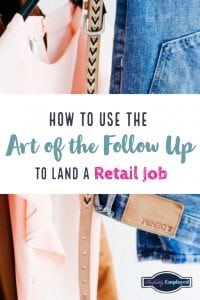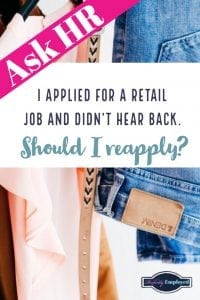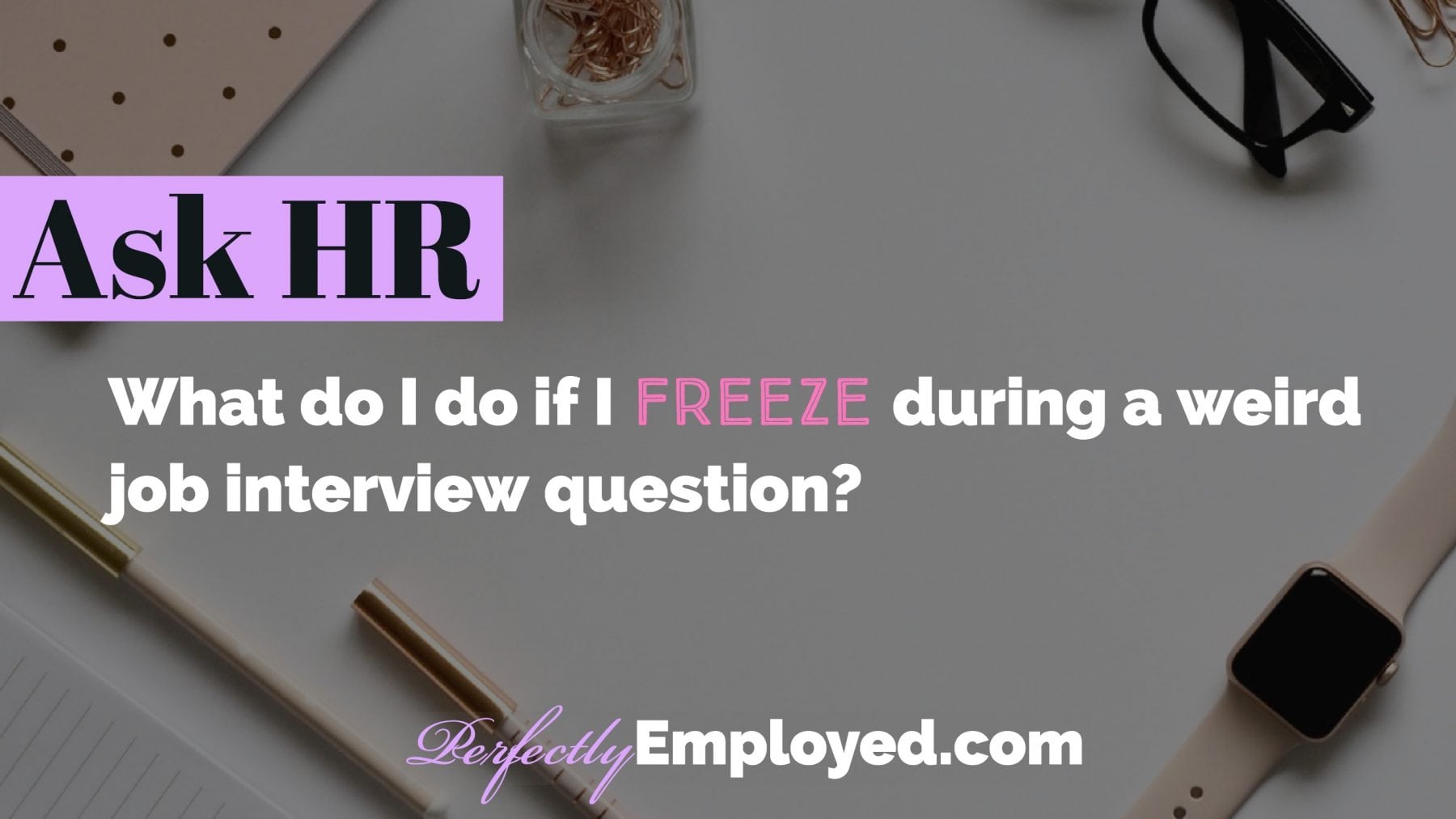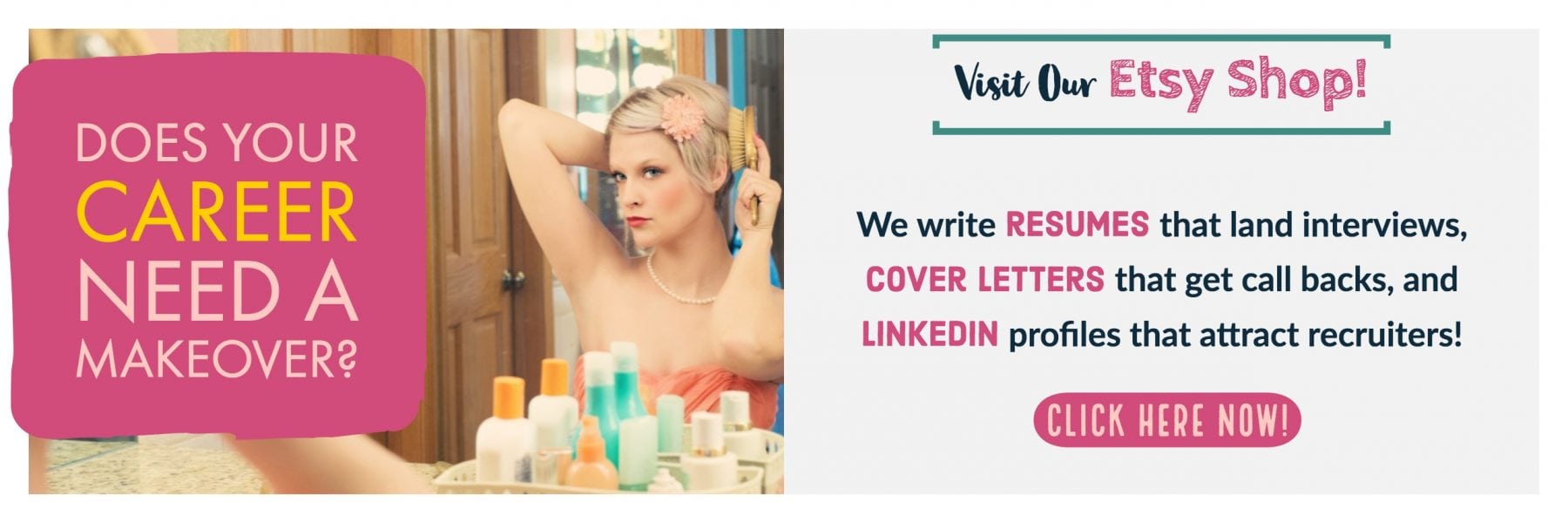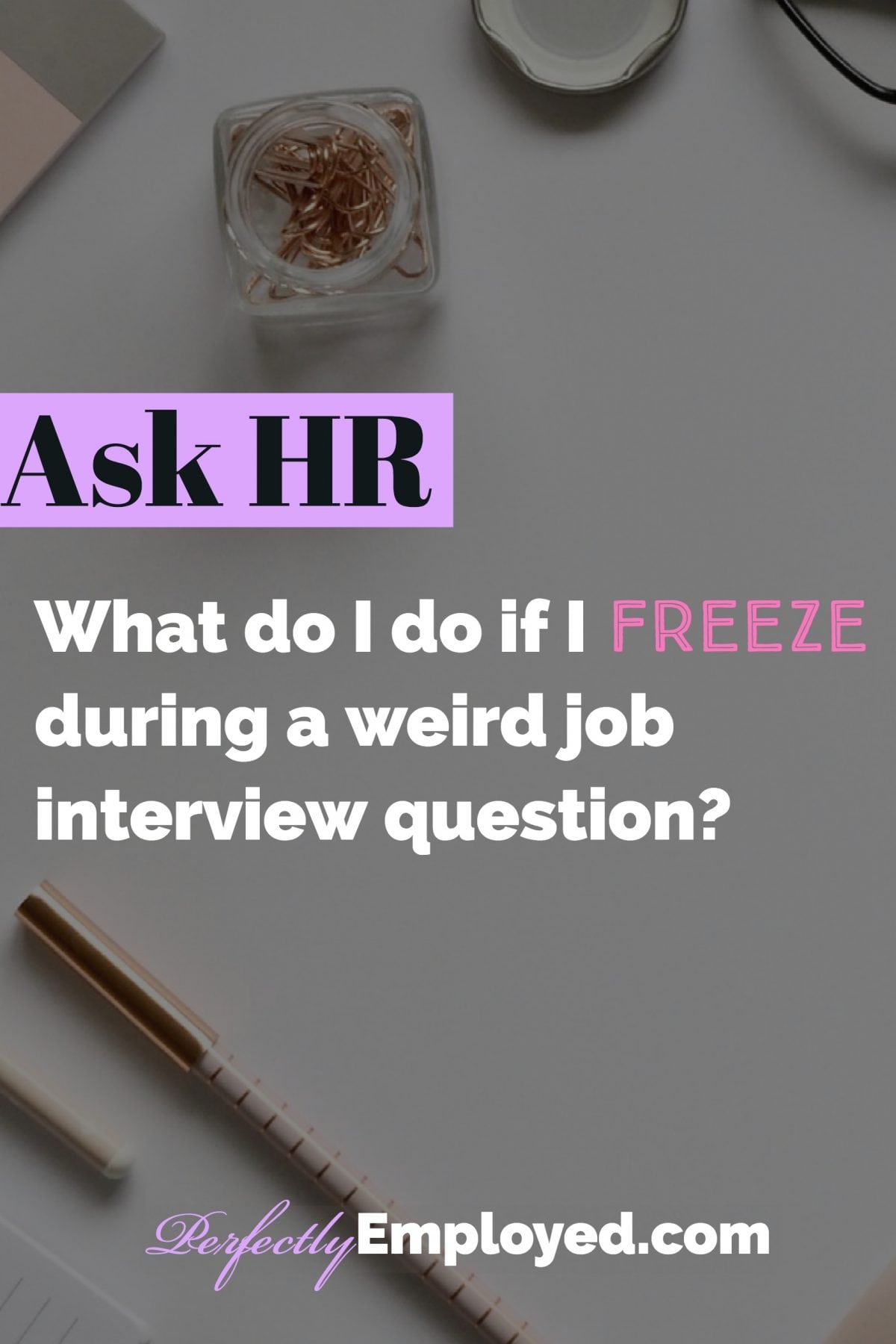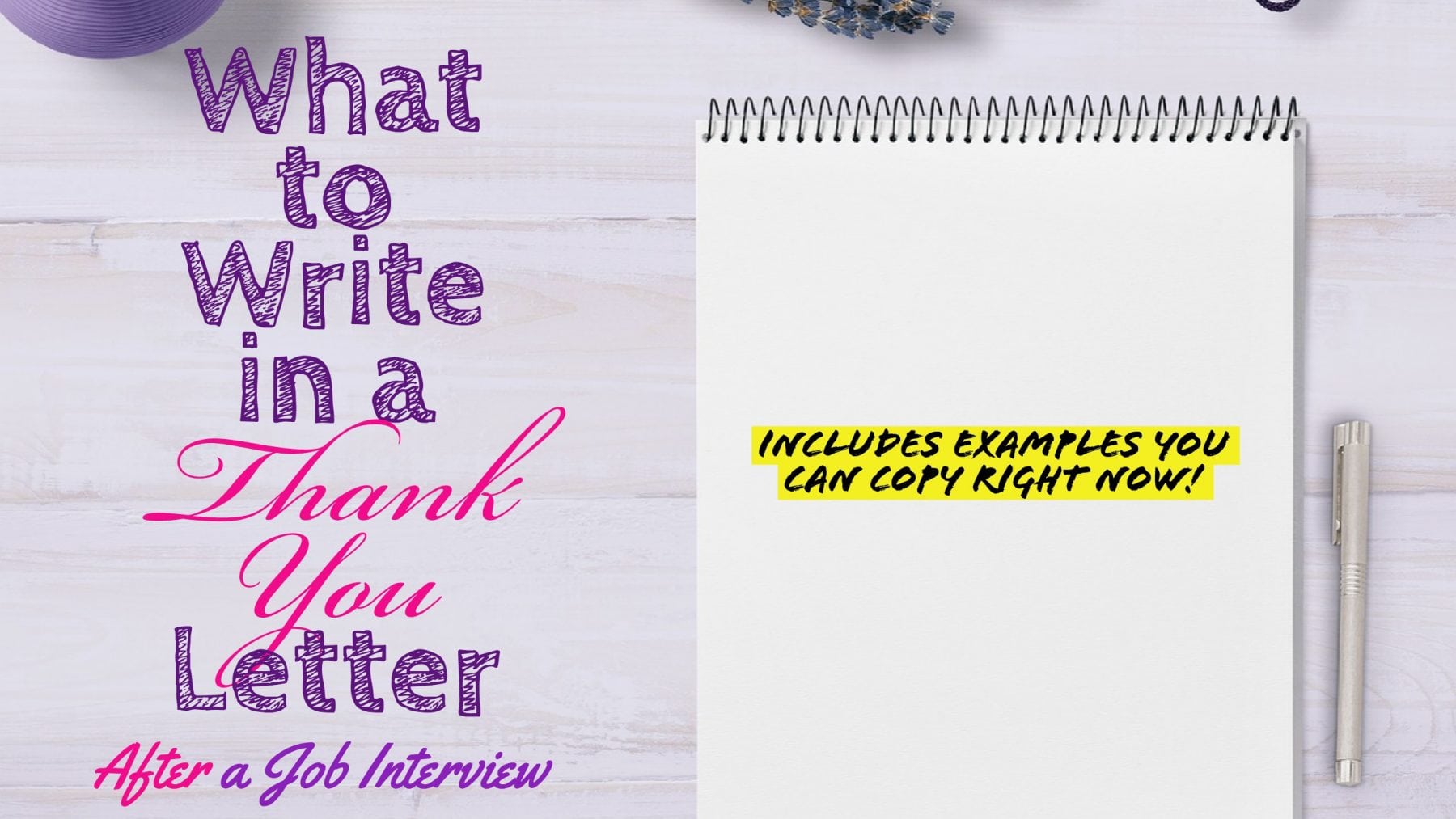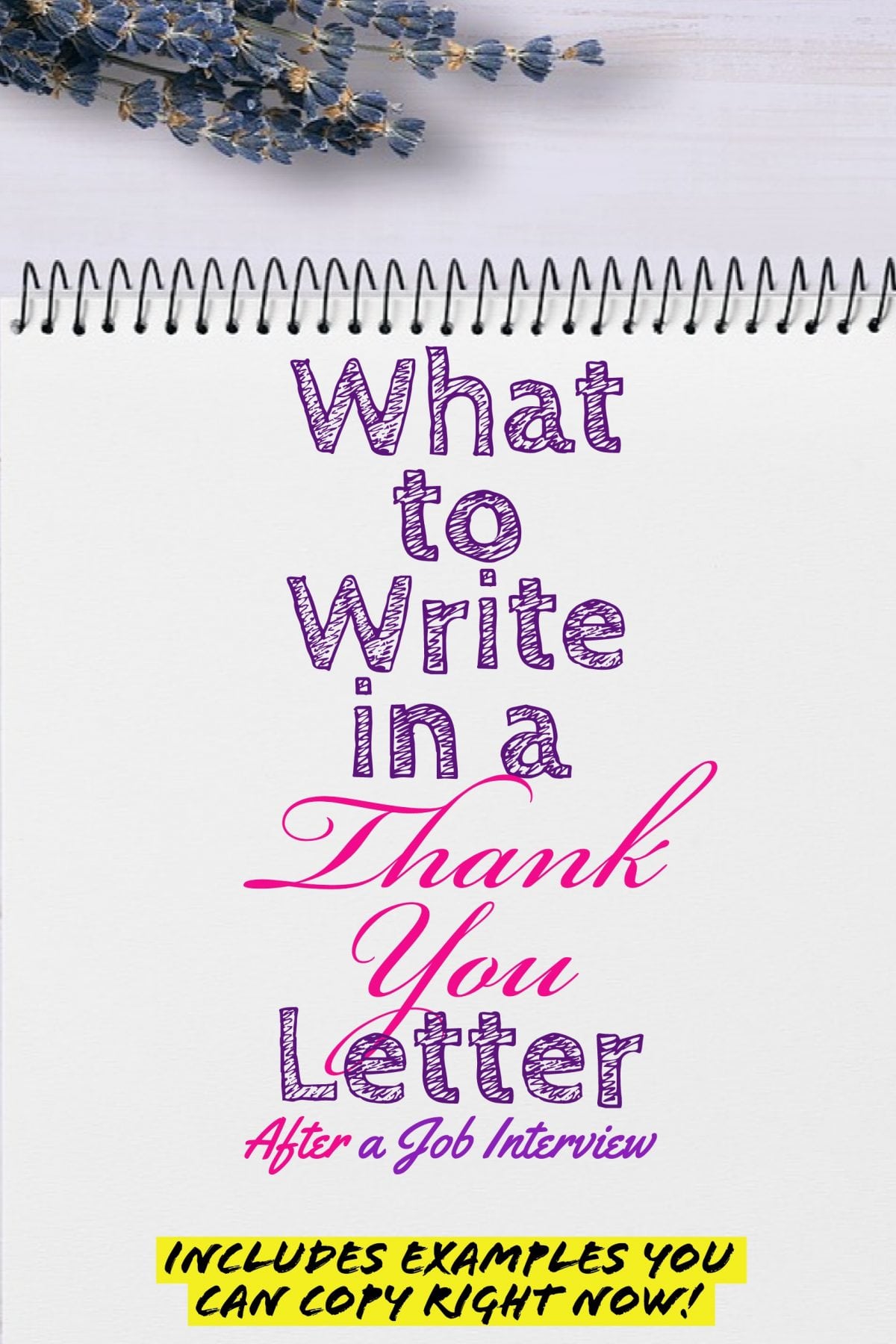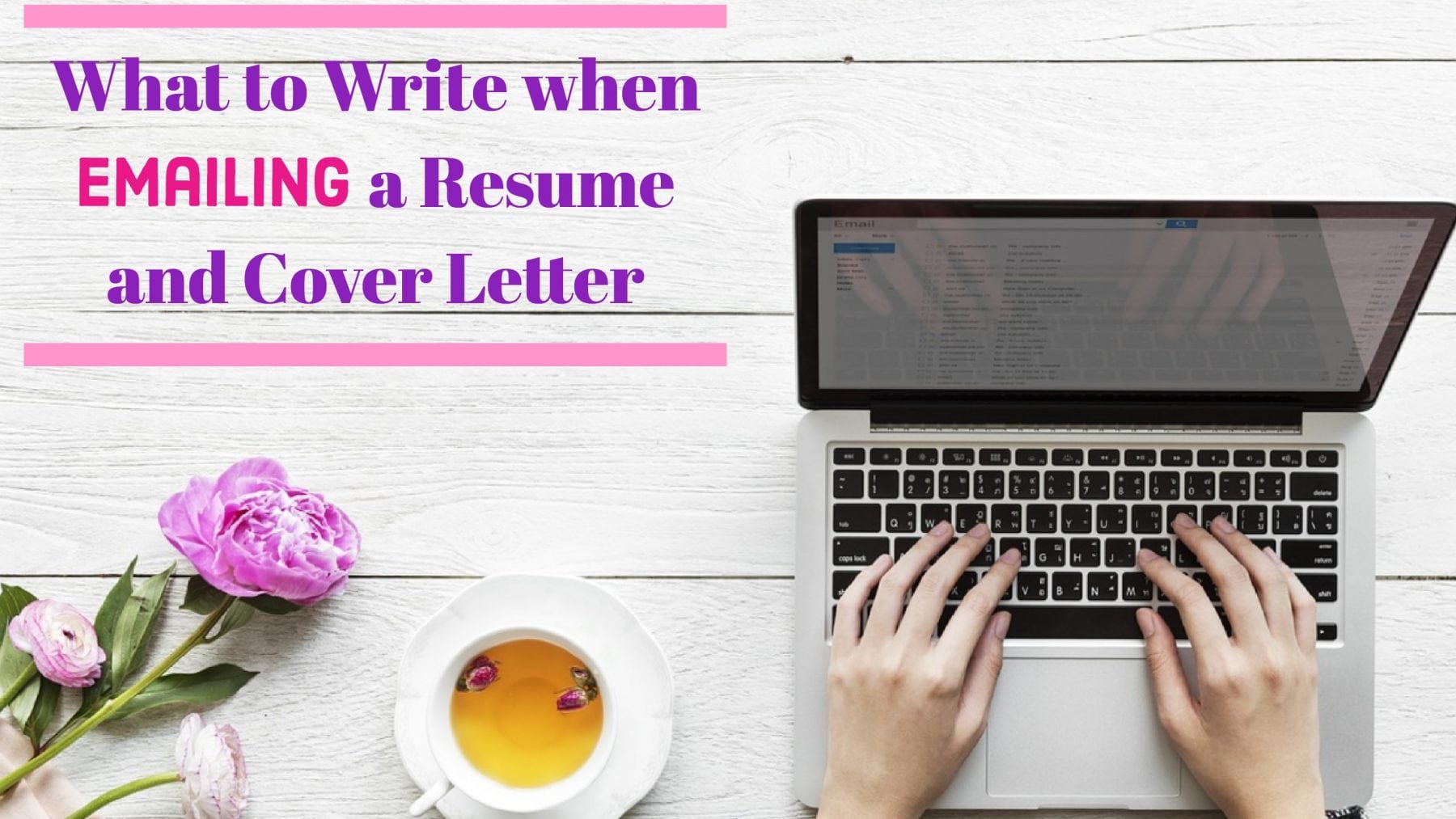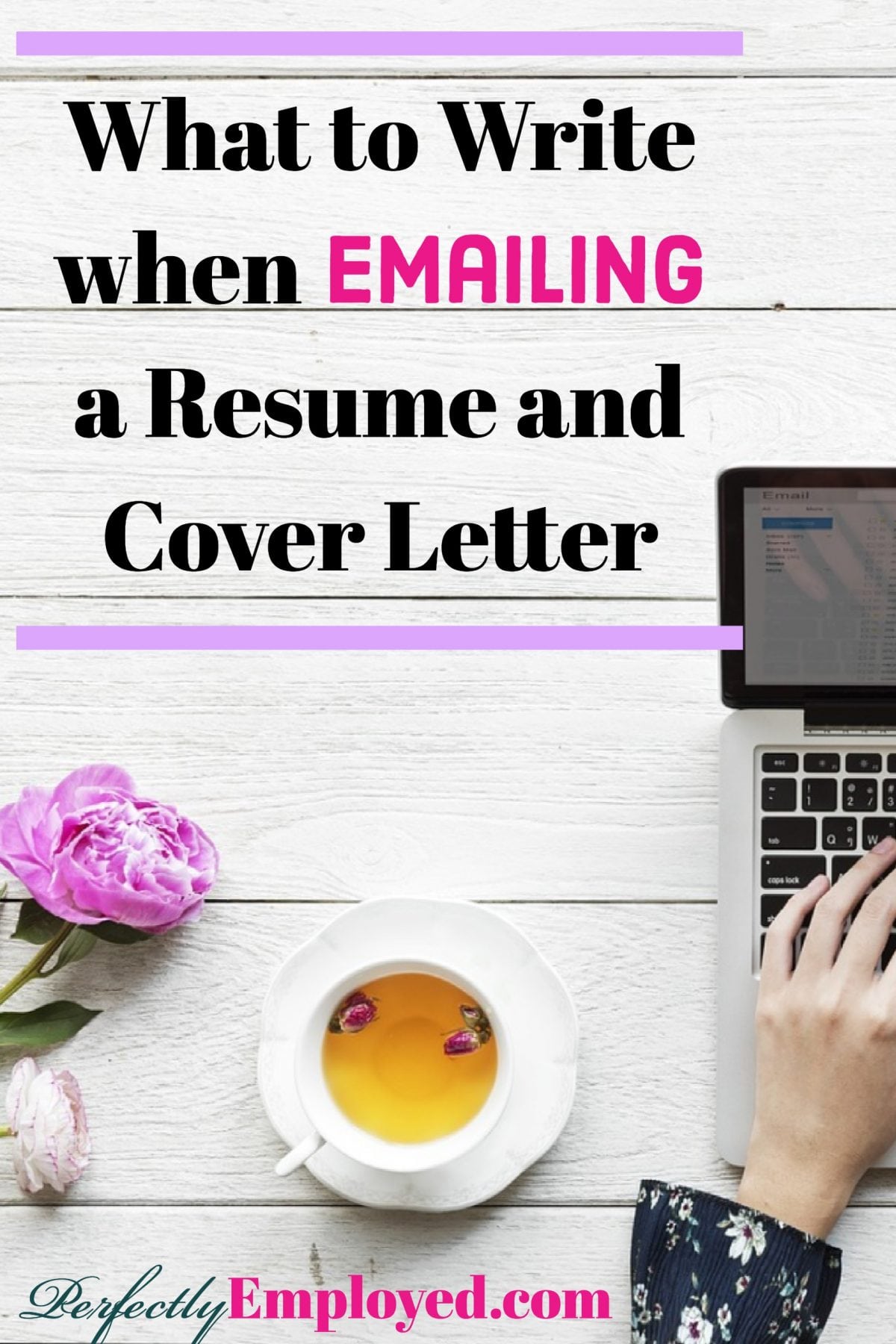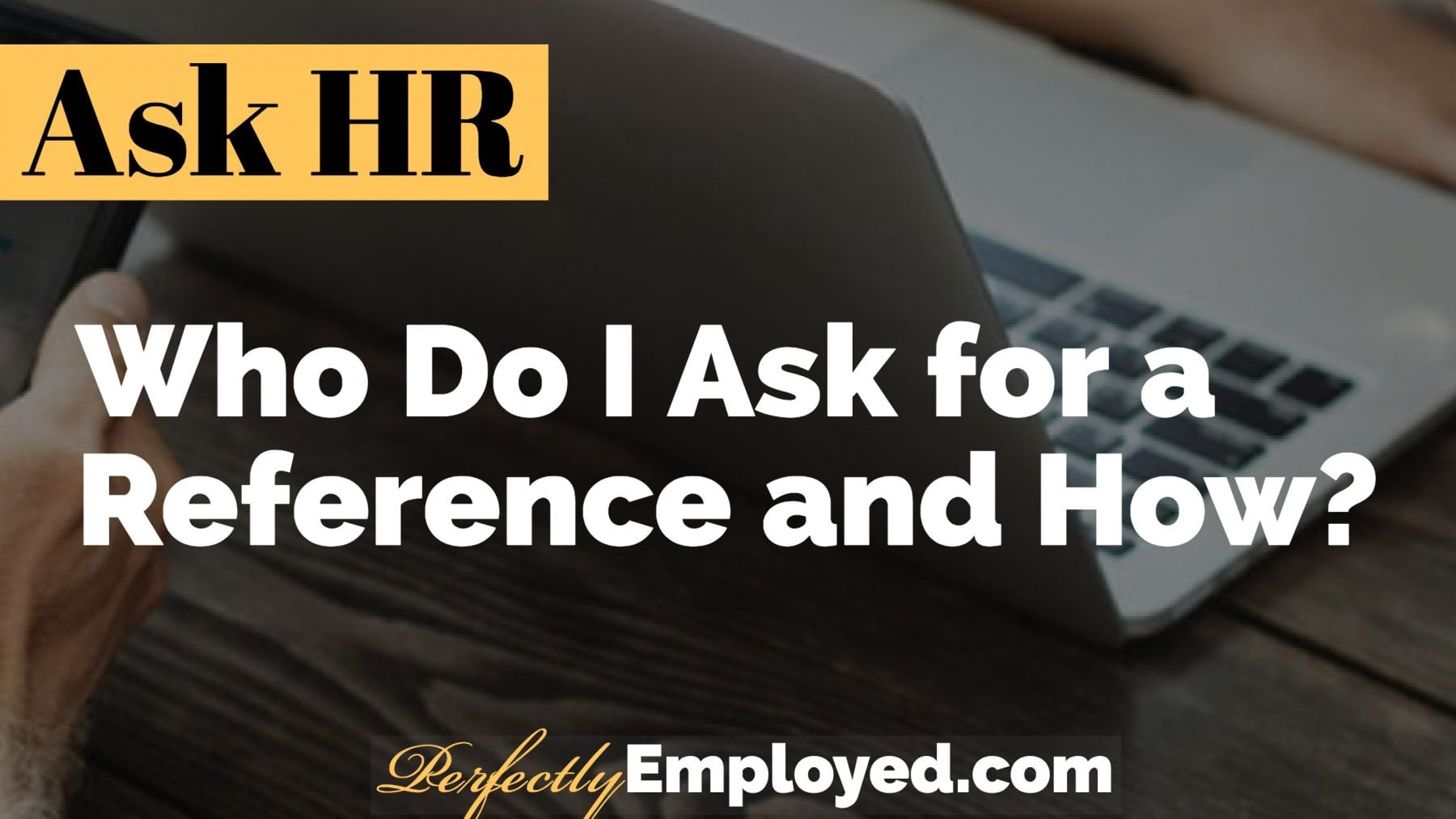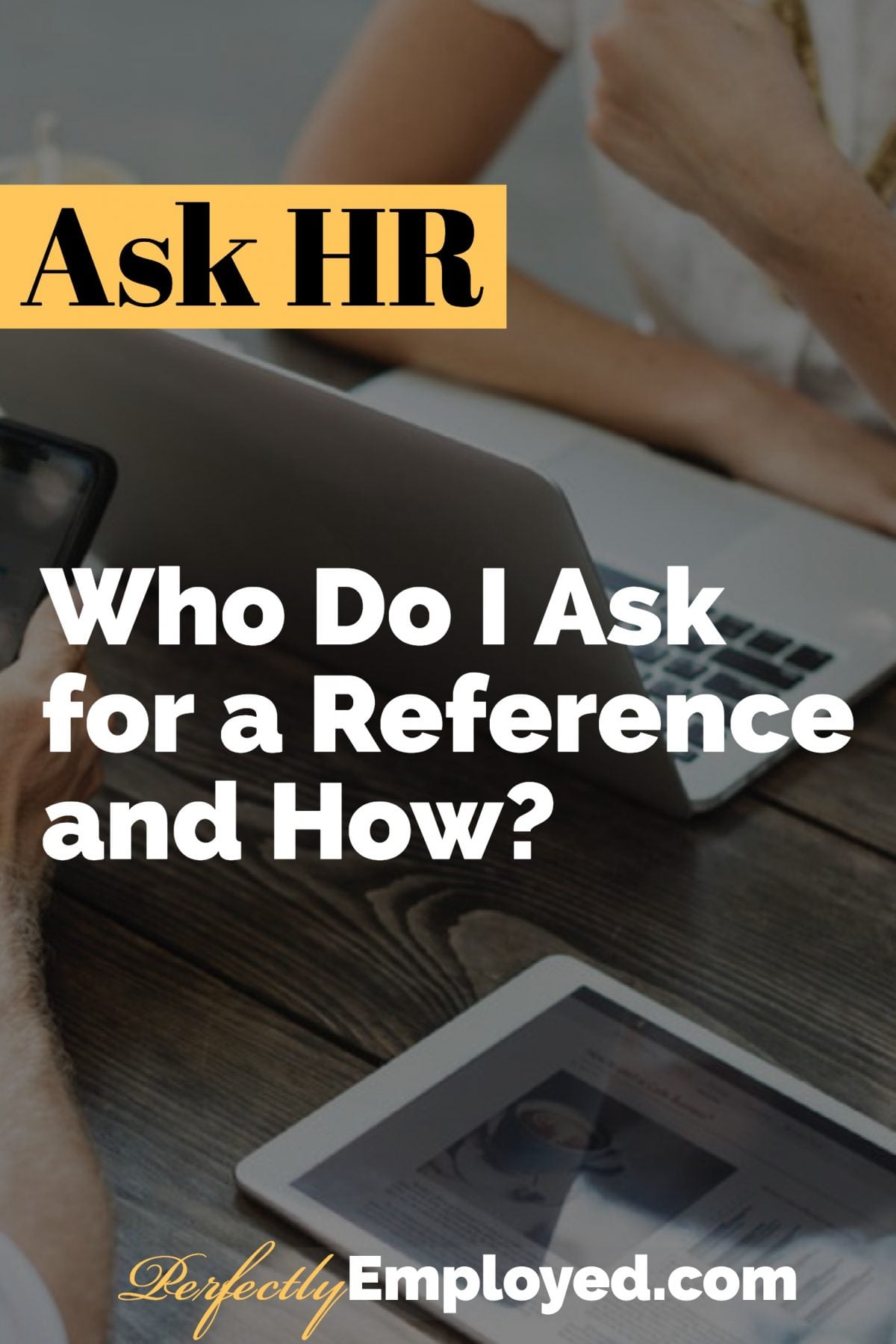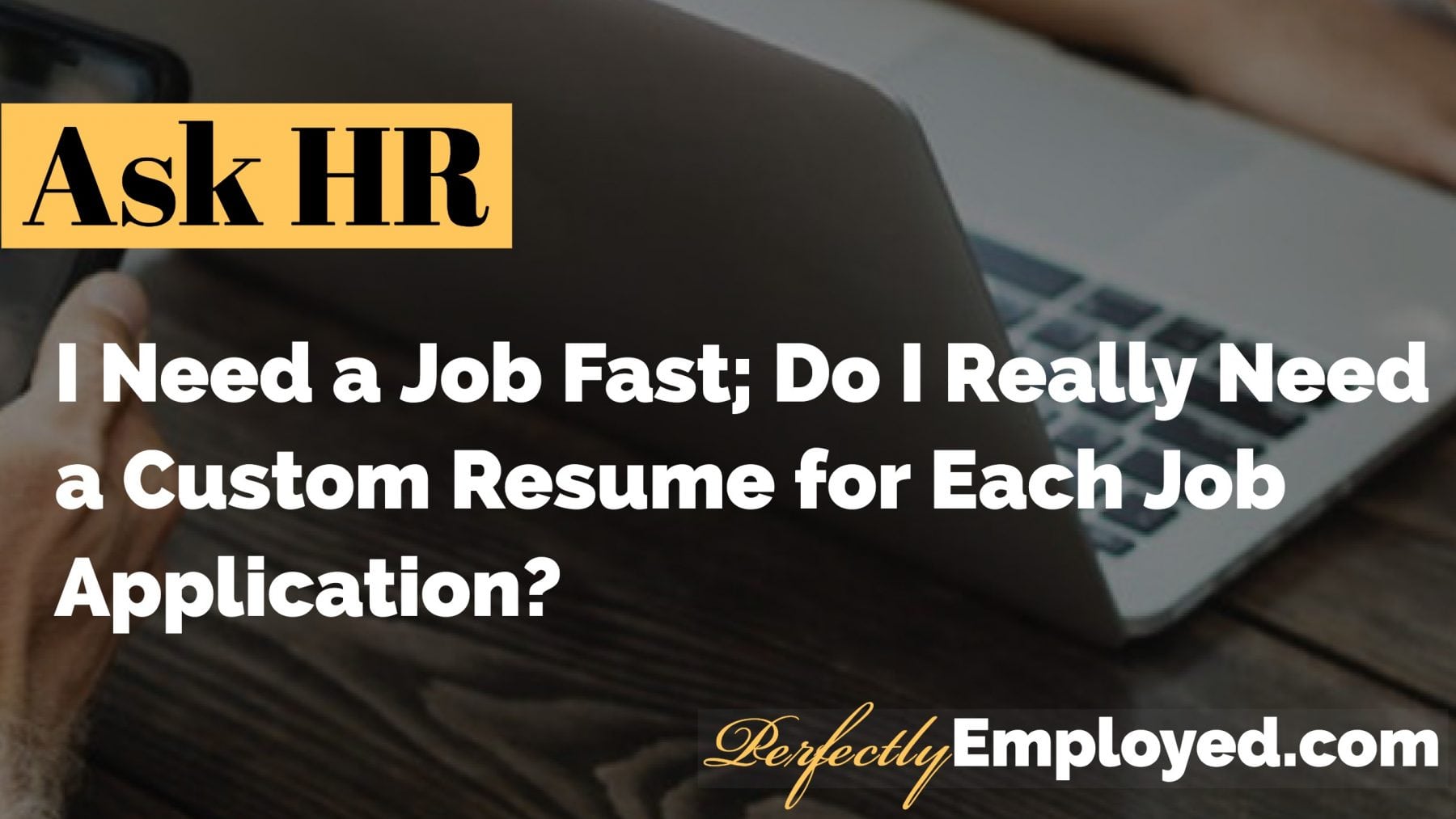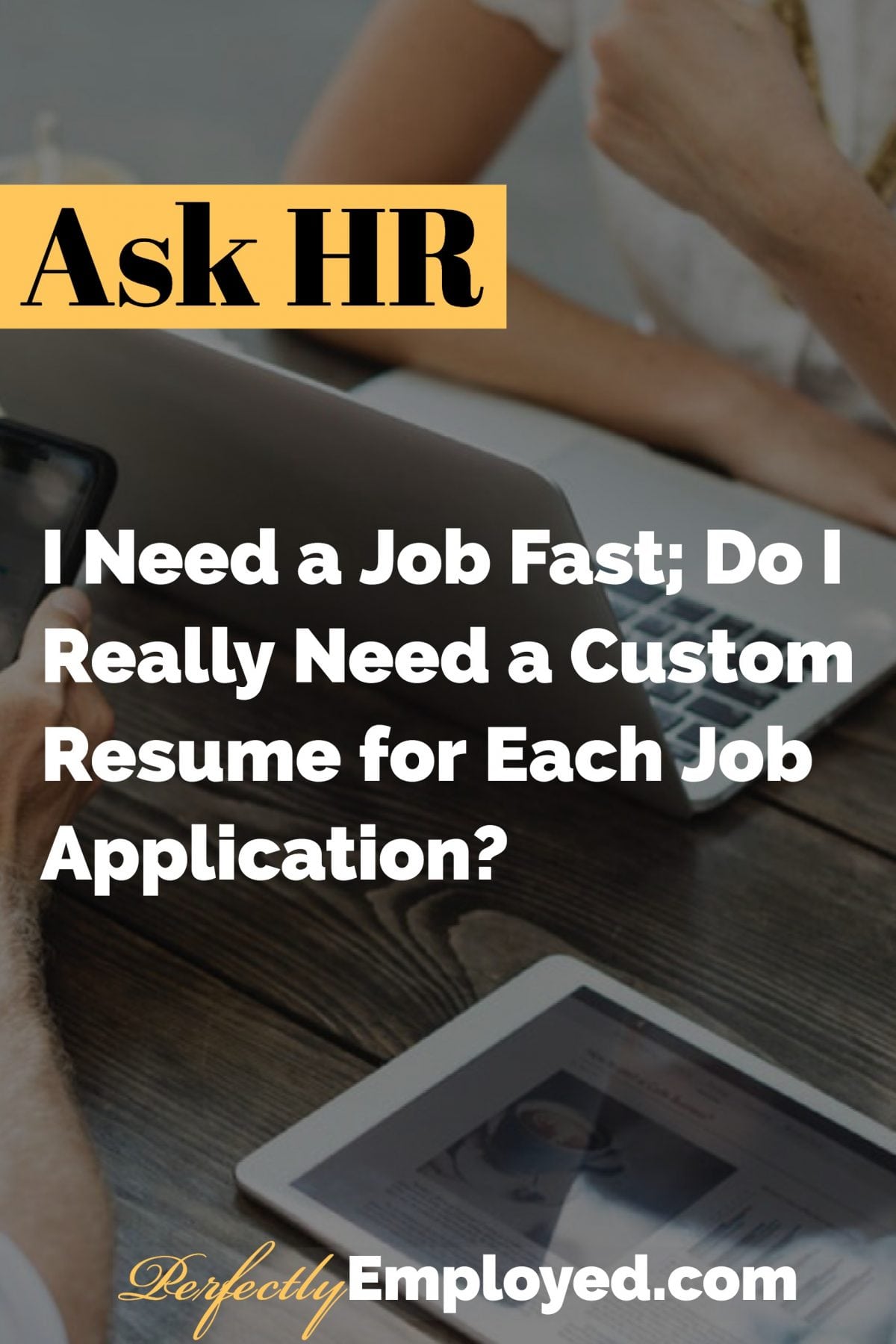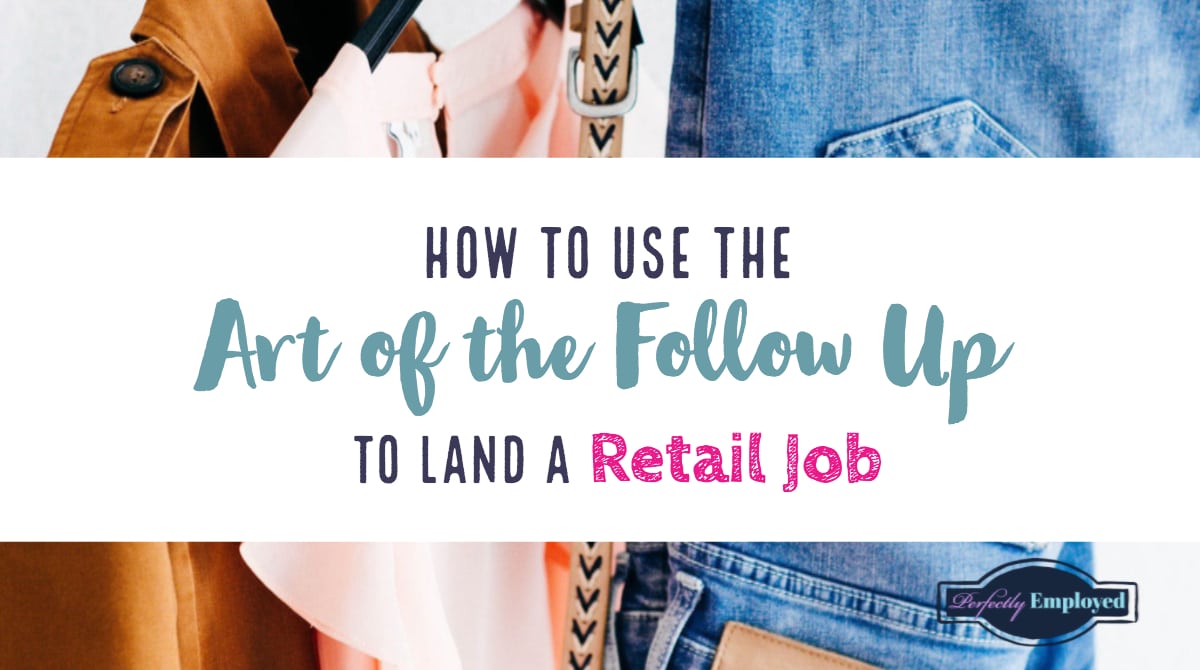
Dear HR,
I applied for a job two months ago at a local department store. They never called me or anything, so I don’t know if they hired someone else or if they’re still looking. Should I apply again?
Dear Reader,
In short, yes, you should apply again, but we need to talk about the art of “following up.” You see, putting in a job application is the bare minimum you can do to get a job. A job application tells an employer, “here’s a warm body that may fill the position.” Is that the message you want to send?
The Application Process from a Manager’s POV
Think about it: The department store probably gets at least 3-5 applications per day, if they’re a mid-size, local store. If they’re still using paper applications (some local stores still do), that means your application goes into a nice pile, and when the hiring manager thinks about it, she peruses through the pile to find a couple people with retail experience that she will call for an interview. If the first two people in the pile have the experience, she has no reason to look further into the pile, so your chances of getting the interview have more to do with luck that your application is near the top of the pile than your fantastic, qualified skill set.
If the department store uses an online application process, the application software could be keyword mining—looking through applications for specific keywords that the employer has designated to find the perfect applicant. If the software is simply listing applicants in a nice list or spreadsheet, you’re back to hoping for luck that your application is near the top of the list.
Who is the Person with the Power to Hire You?
As you can probably see, just turning in an application isn’t enough. You have to follow up with your potential employer.
In the case of your department store, the art of the follow-up means figuring out who the person with the power to hire you is, and making a personal connection with that person or a person that has influence with that person.
How to Follow Up for a Retail Job
We have a client named Dora who works in a similar industry as the one for which you are applying. We helped Dora makeover her resume recently, and she landed a job within a couple weeks of that resume makeover. Like the job application, the resume is only part of Dora’s overall job search strategy.
Dora starts by researching places she wants to work in her area. Her list includes department stores, clothing stores, and craft stores. She knows that most places have online applications, so she goes to the company websites and applies for open positions.
It’s what Dora does next that lands her interviews—she follows up with hiring managers within a few days of her application. She takes her fancy resume, printed on nice, glossy paper, and she visits the store in person. She chooses a time she knows business is slow, like mid-morning on a weekday. She asks to speak with the manager, shakes his or her hand, explains that she recently applied online for a position, and that she’d love to talk more about it.
She hands the manager her resume, and tells him how much she loves the store, and that she has 30 years of experience working in retail. That’s all. She keeps it short and sweet, buys a soda or other impulse buy at the counter, and leaves. She smiles, she’s friendly, and of course, she’s dressed appropriately.
Dora lands an interview almost every time. She shows managers that she’s more than just a warm body. She makes a personal connection and makes extra effort to make sure the manager knows she wants the job and is highly qualified.
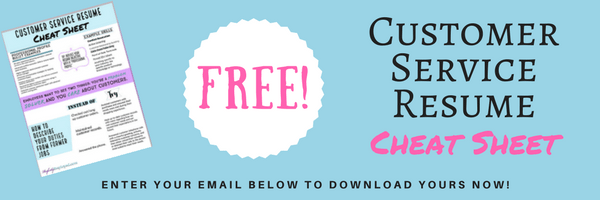
Your Next Steps: Apply Again, and Follow Up
So, yes, you should apply again for the department store job, but this time, make sure you follow up with the hiring manager within a few days of filling out your application. Have your resume ready to hand the manager, shake his or her hand, and tell him you want the job and you’re highly qualified. You’ll be amazed how quickly you’ll land the job!
Here’s a quick checklist of what to do:
- Apply for the Job
- Visit the store in 1-3 days. Go during a slow time, like mid-morning on a weekday. Dress as if you are going to an interview.
- Ask to speak with the manager.
- Smile, shake the manager’s hand, and introduce yourself.
- Tell the manager you applied for the job online, and wanted to follow up with him.
- Hand the manager your resume, and point out why you are highly qualified.
- Thank the manager for her time.
- Buy a soda, candy bar, or other cheap impulse purchase on your way out. Smile and be friendly with your potential coworkers while you do.
Best of Luck (not that you’ll need it),
HR
Share on Pinterest:
